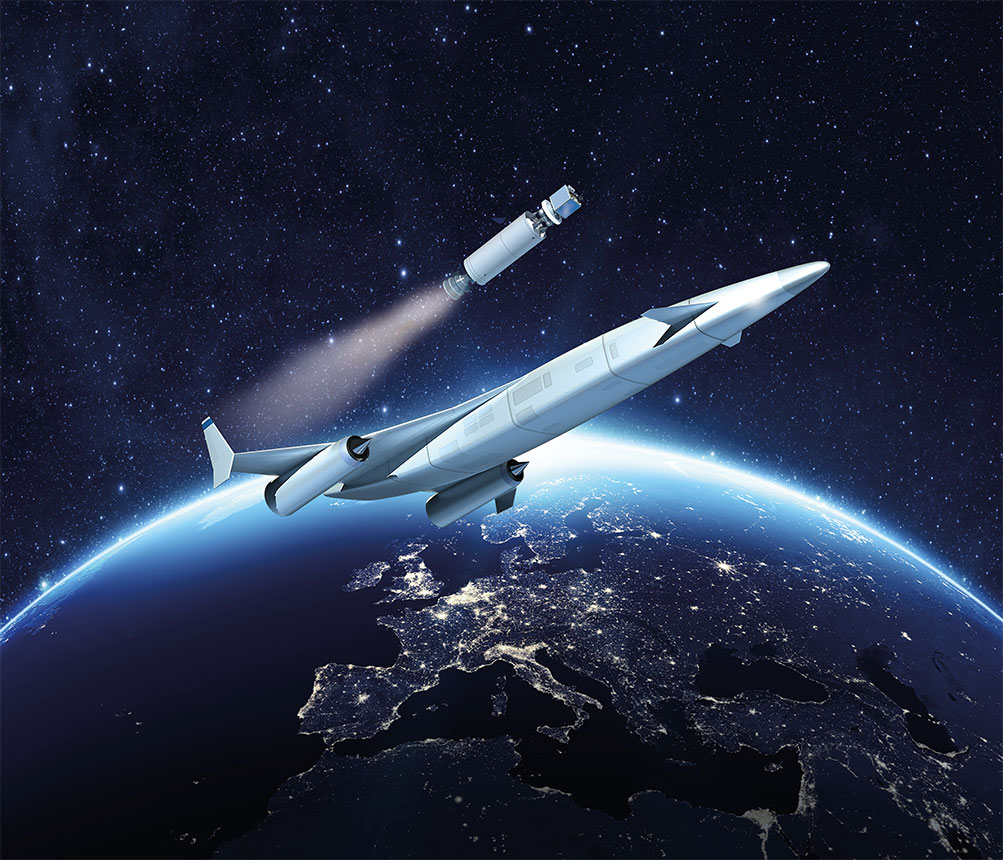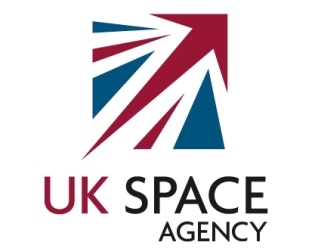Britain has created a new national space agency, with plans to build a multimillion-dollar space innovation center. Until now UK space policy has been split between government departments. “The new agency will be a focal point in order to coordinate in a much more streamlined and efficient manner, working both on national projects and alongside ESA for the wider industry as well” said the UK’s first astronaut Major Tim Peake, who was selected in 2009 to represent England in space.
The U.K. Space Agency (UKSA) will begin operation – and have a new website available — by April 1, 2010.
“The action we’re taking today shows that we’re really serious about space,” said Lord Paul Drayson, U.K. Minister for Science and Innovation. “The U.K. Space Agency will give the sector the muscle it needs to fulfill its ambition.”
Drayson and Peake both said that the British space industry has remained strong despite recession troubles elsewhere and could grow into a $60 billion-a-year industry and create more than 100,000 jobs over the next 20 years.
“Our industry is really a hidden success story,” said Peake speaking on the BBC, “even during economic downturn, the space sector has been one of the few industry that has shown steady growth. We are in the forefront of the robotics technology and manufacturing small satellites and telecommunications as well.”
Peake said the UK space industry currently add $6.5 billion pounds to the economy and employs 68,000 people.
No new money will be added to the UK space budget, and the 200 million pounds allocated for UKSA is a consolidation of existing funding.
Peake said this doesn’t mean that the UK will leave the ESA alliance. “It is not a case of forging our way on our own. Every country that is in ESA also has their own agency and space policy. The ESA allows us to get involved in projects that no single country could afford to.”
In reading reactions from some of the UK bloggers, however, most convey skepticism about the new organization.
In New Scientist, Dr.Stu Clark wonders where the science is among the allocations for buildings and new technology. Plus he’s not sure if the plan for the UKSA is sustainable. “So it’s all very well having a 20-year plan, but the big question is whether UKSA can survive the next six months.”
At Astronomyblog, Stuart Lowe expressed disappointment. “For me, the launch has been a let down. We were led to believe that UKSA would be a NASA for the UK. The reality is far from it… I want to have an fantastic, inspiring, space agency. I want us to invest in it like we mean it. I want a NASA. I feel as though we’ve got a refurbished, second-hand agency that might collapse as soon as it leaves the launchpad and never make it past the General Election. Come on UK. You can do so much better.”
The e-Astronomer isn’t too fond of the UKSA logo: We got an exciting new logo. Actually I hated it. Looks like something somebody invented for a fictional fascist party in a cheap TV drama. Modern and thrusting and all that. But I guess its memorable.
Still others ask the big question: How is UKSA going to be pronounced? “Uk-sah” or “You-Kay-Ess-Ay?”
Sources: BBC, The Guardian, New Scientist, e-Astronomer, Parsec


